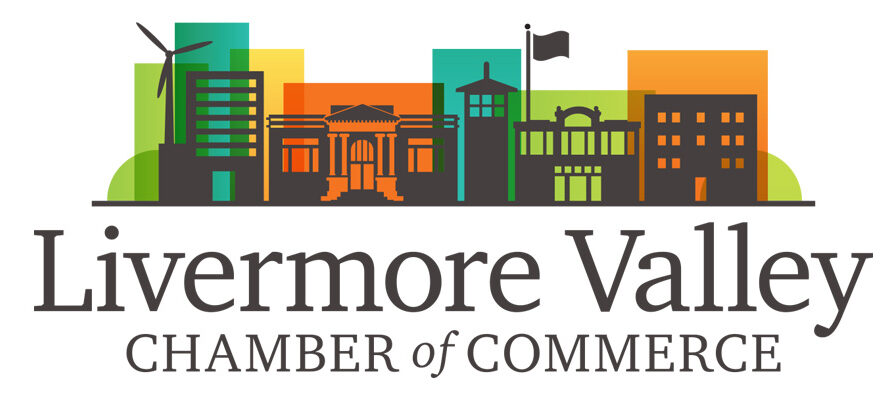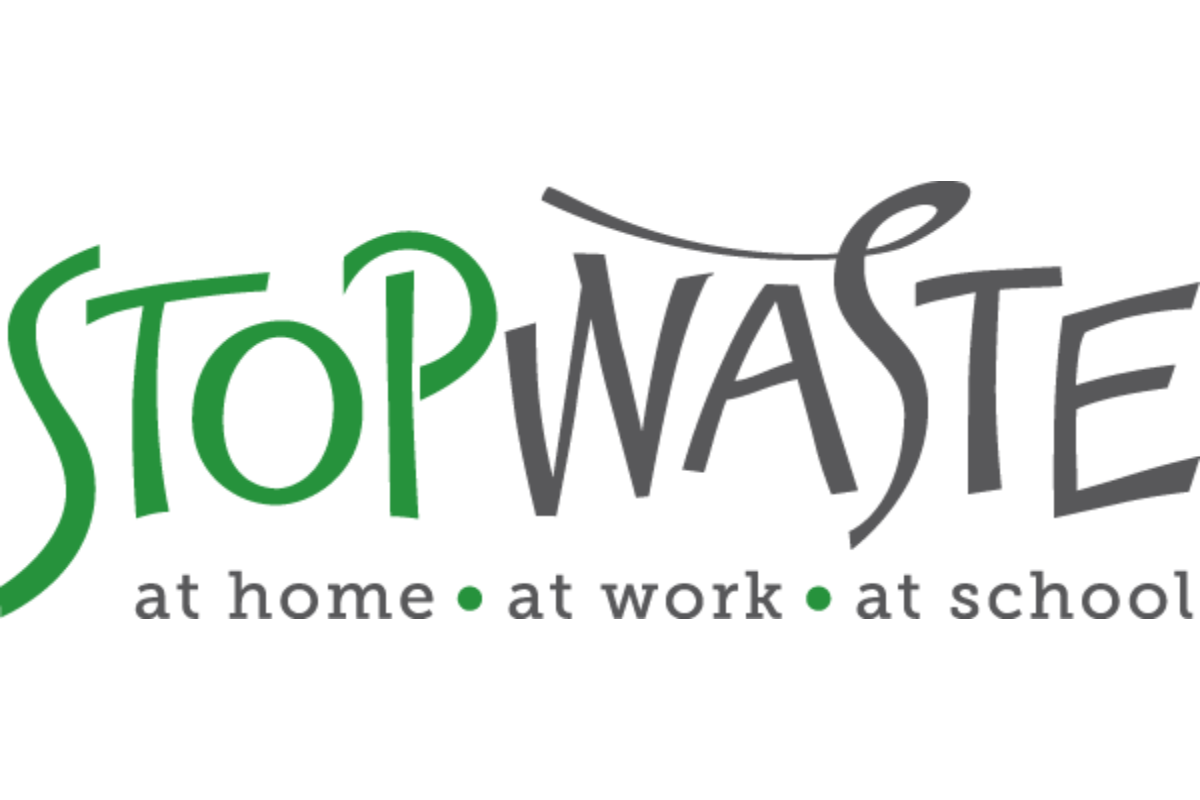The Post #MeToo Workplace
By: Sarju Naran, Hoge Fenton Shareholder, Chair – Employment Law
The #MeToo movement has significantly increased social awareness across the country around issues of sexual harassment, and it also gave rise to a wave of new legislation by the California State Legislature last year, which put several new laws into effect as of January 1, 2019. These new laws require almost all California employers to provide training to their employees (not just to supervisors) and to update their workplace policies and practices. The new laws are designed to:
(1) prevent sexual harassment in the workplace
(2) protect victims of harassment
(3) encourage reporting by victims of harassment
Below is a summary of some of the changes in HR law in the aftermath of #MeToo (this is a high-level review, and does not cover all laws or all aspects of the new laws):
Employers with 5 or More Employees are Required to Provide Sexual Harassment Prevention Training to All Employees
- All supervisory employees are required to receive at least two hours of training.
- All non-supervisory employees are required to receive at least one hour of training.
- The training must be provided in 2019, and training is to be provided at least once every two years thereafter.
- New hires and newly promoted supervisors must be trained within six months (and then at least every two years thereafter).
- For seasonal and temporary employees, including any employee who is hired to work for less than six months, the employer shall provide sexual harassment prevention
training within 30 calendar days after the hire date or within 100 hours worked, whichever occurs first.
- If an employee is employed by a staffing agency, it is the staffing agency’s obligation—not the client’s—to provide the training
Protections for Harassment Victims Broadened and Standards for Proof Lowered
The California State Legislature broadened protections for victims of harassment to make it easier for them to assert claims.
- A plaintiff (employee) for a sexual harassment lawsuit no longer needs to prove that their productivity declined as a result of the harassment. It is sufficient that a reasonable person subjected to the harassment would find that it was more difficult to do the job as a direct or indirect result of the harassment.
- A single incident of harassment may be sufficient to create a hostile work environment. Employers can no longer use the fact that the harassment was a single incident to ask for dismissal of a lawsuit.
- Isolated/stray remarks by non-decision makers, if viewed in light of other circumstances, can be evidence of severe and pervasive harassing conduct.
- One standard. Different workplaces (e.g. different offices) cannot have different standards of what constitutes a “hostile work environment.”
Expansion of Liability
- An employer can be held liable for the acts of non-employees with respect to harassment based on all protected categories (not just sexual harassment).
- Non-employer defendants may be liable. A non-employer defendant (including investors, elected officials, lobbyists, directors, and producers) can be liable for sexual harassment if the plaintiff proves certain facts, including that the defendant positions himself/herself as being able to help the plaintiff establish a business, service, or professional relationship with an employer or third party.
Expanded Plaintiff Protections
- More difficult for employers to collect attorneys’ fees and other costs: Before an employer in a harassment lawsuit can be entitled to an award of attorneys’ fees and costs on a successful Code of Civil Procedure section 998 offer, the employer has to prove that the employee filed the lawsuit in bad faith or maintained the lawsuit in bad faith after becoming aware that the case had no merit.
- Employers may no longer require an employee to sign a release of claims or a non-disparagement agreement as a condition of employment, continued employment, a raise, or a bonus.
- Employees who communicate about sexual harassment cannot be subject to a defamation claim, as long as the complaint is without malice and based on credible evidence. Further, employers may disclose in reference checks if an employee was found to have engaged in sexual harassment. The complainant, witnesses, and the employer are all protected against claims of defamation.
- Settlement agreement provisions that prevent the disclosure of facts relating to legal claims of sexual assault, sexual harassment, or workplace harassment or discrimination based on sex are void, and employers also may not prevent employees from revealing the identity of the accused or facts that could lead to the disclosure of the accused’s identity.
- Employers cannot prohibit a party from testifying in a proceeding concerning sexual harassment or criminal conduct.
As noted, this is merely a brief synopsis of the many recent changes in the law that are intended to reduce and address issues of sexual harassment in the workplace.
Concerned? Trusted Advisors Can Help
Since 1952, Hoge Fenton has been advising employers in the boardroom and protecting them in the courtroom. The landscape of California employment law is more complex and riskier than ever. Our Employment Law group strives to keep our clients out of expensive litigation by providing cutting-edge guidance. Should a case go to trial, we have the expertise, resources, and relationships to get results. If you have Employment Law questions, we are happy to help.
For more information about the article or California employment law, please contact:
Sarju A. Naran, Shareholder, Chair – Employment Law
+1.408.947.2456/sarju.naran@hogefenton.com
hogefenton.com
Tri-Valley, 4309 Hacienda Dr., Ste. 350, Pleasanton, CA 94588
Silicon Valley, 60 South Market St., Ste. 1400, San Jose, CA 95113







Leave A Comment